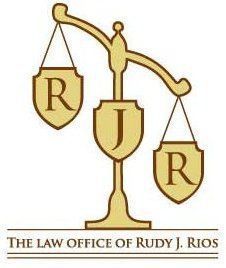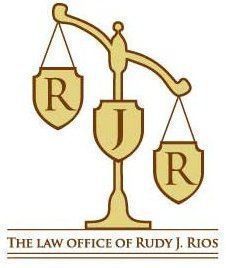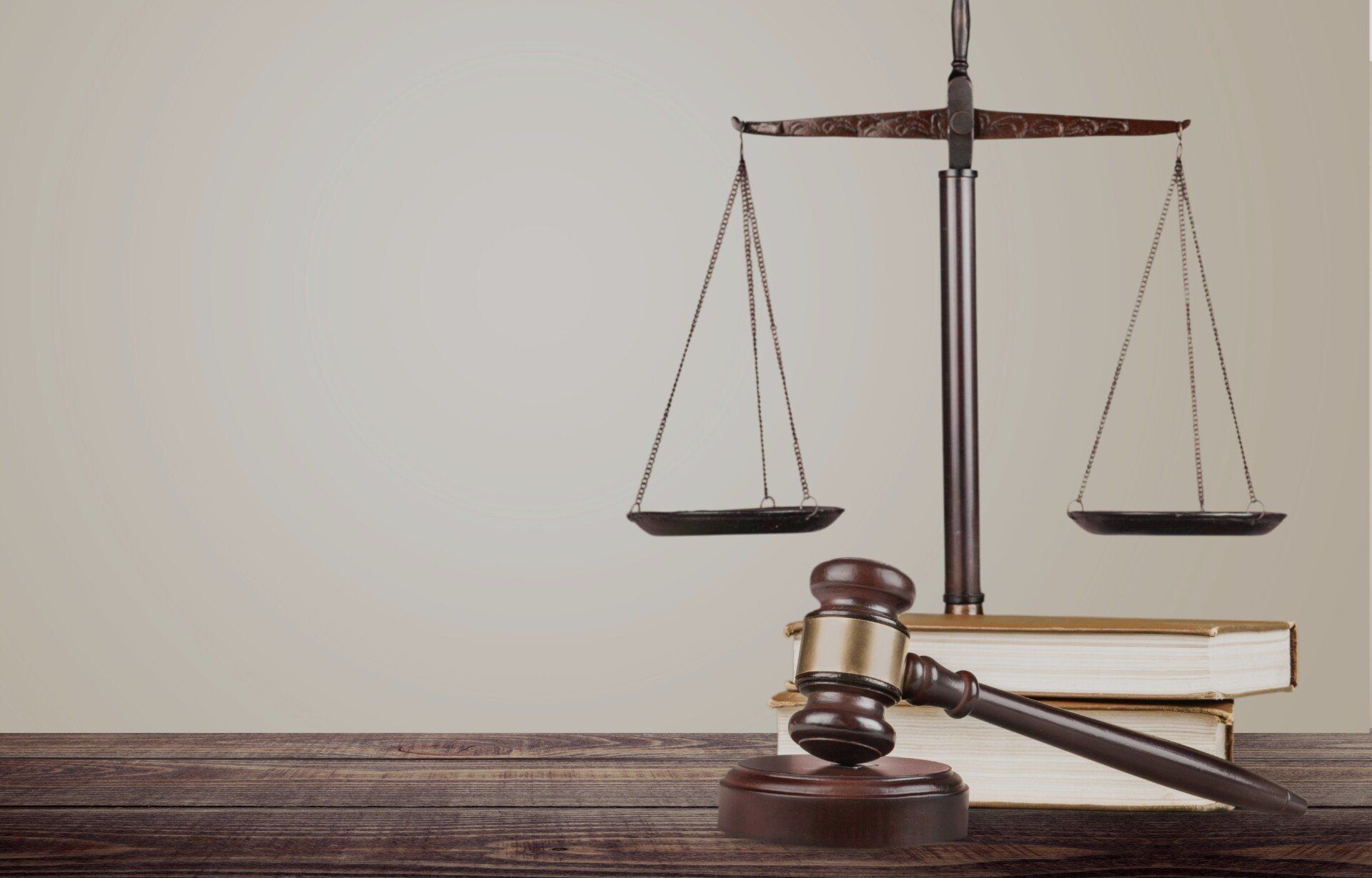Legal Separation vs. Divorce: Which Option Is Right for You?
When a marriage reaches a point where living together is no longer possible, couples often wonder whether they should pursue a legal separation or file for divorce. While both options involve the law and affect family dynamics, they serve different purposes and carry different consequences. Making an informed choice that fits your needs, values, and long-term goals requires understanding the difference between the two. At the Law Office of Rudy J Rios in Elgin, IL, we guide families through these difficult decisions with compassion and clarity.
Understanding the Basics: Legal Separation vs Divorce
The terms
“legal separation” and “divorce” are sometimes used interchangeably, but they are not the same. A divorce legally ends a marriage. Once finalized, both spouses are free to remarry, and their financial and parental obligations are legally divided according to the court’s judgment.
Unlike a divorce, a legal separation doesn't end the marriage. Instead, it allows spouses to live apart while still remaining legally married. Courts can decide on matters like child custody, spousal support, and division of assets during a separation, but the couple is not free to remarry unless they later pursue divorce.
Understanding these distinctions is the foundation for evaluating which option best suits your situation.
Reasons Some Couples Choose Legal Separation in Illinois
While not as frequently pursued as divorce, legal separation can still be a beneficial option for many couples in Illinois, depending on their individual circumstances. One common reason couples pursue separation is for religious or cultural reasons. Some faith traditions do not recognize divorce, so separation provides an alternative for spouses to live apart without violating their beliefs.
Another factor may be health care and financial benefits. For example, a spouse may still receive health insurance through the other’s employer during separation. Couples may also benefit from certain tax or retirement plan advantages while still legally married.
Legal separation can also provide a trial period. For couples who are uncertain about whether to end their marriage permanently, separation allows them to live apart, create boundaries, and assess whether reconciliation is possible before taking the final step of divorce.
Divorce: The Finality of Ending a Marriage
Unlike a separation, divorce legally and permanently ends a marriage. Once finalized, spouses are no longer bound to each other, and they are free to remarry. Divorce decrees in Illinois cover property division, parenting time, decision-making responsibilities for children, spousal maintenance, and child support.
For many, divorce is the best option when reconciliation is unlikely or when legal and financial independence is a priority. Ending the marriage allows both parties to move forward without ongoing legal or marital ties.
Divorce, however, often presents greater emotional and financial hurdles than separation. It may involve disputes over assets, custody arrangements, and long-term financial obligations. For these reasons, it is important to work with an experienced attorney who can protect your rights and guide you through the process.
How Illinois Law Handles Legal Separation
Legal separation in Illinois has its own set of rules. Unlike divorce, which dissolves the marriage, a legal separation simply establishes court-ordered terms for living apart. One spouse must file a petition for legal separation in the county where either spouse lives.
The court can then make decisions on matters like child custody, parenting time, and support. However, property division is typically handled only if both spouses agree. If property matters cannot be settled during a separation, they may have to be addressed later during a divorce proceeding.
It is important to note that in Illinois, both legal separation and divorce require couples to have lived separately before filing. This ensures that the decision reflects the spouses’ intent to live apart rather than a temporary disagreement.
Deciding Between Legal Separation vs Divorce
The choice between a legal separation and a divorce is a deeply personal one, shaped by individual circumstances, financial considerations, and family dynamics. Some factors to consider include:
- Religious or cultural values: If your faith prohibits divorce, separation may align better with your beliefs.
- Financial and health benefits: If one spouse relies on the other’s benefits, staying legally married may be advantageous.
- Trial separation: If you are unsure whether to end the marriage, legal separation provides a structured period apart.
- Finality: If reconciliation is unlikely and both parties want independence, divorce may be the clearest solution.
- Future plans: If either spouse wishes to remarry, divorce is the only option.
At the
Law Office of Rudy J Rios, we help clients carefully weigh these considerations. Our goal is to provide clarity, explain your rights under Illinois law, and ensure your choice reflects your best interests.
Contact The Law Office of Rudy J Rios If You Need A Divorce Lawyer
If you are facing difficult decisions about your marriage, you do not have to go through the process alone. At the
Law Office of Rudy J Rios in Elgin, IL, we are committed to guiding you through every step, whether you are considering legal separation in Illinois or filing for
divorce. Call us today at
(224) 629-6700 to schedule a consultation and discuss the best path forward for your unique situation. We are also available to assist with cases involving
criminal law,
DUI, and
domestic battery.
FAQS
How are legal separation and divorce different?
The main difference is that divorce ends the marriage, while legal separation allows spouses to live apart while remaining legally married. Divorce frees you to remarry; separation does not.
How long does a legal separation last in Illinois?
There is no set duration for a legal separation in Illinois. It can last indefinitely, or until one of the parties decides to seek a divorce or reconciliation. Some couples choose legal separation as a permanent arrangement due to personal or religious reasons.
Can legal separation eventually become divorce?
A couple that has legally separated can later choose to file for divorce. The court may consider existing separation agreements when finalizing divorce terms.
Do I need an attorney for legal separation in Illinois?
While not required, having an attorney is highly recommended. Legal separation involves court filings, potential custody arrangements, and financial decisions that can have long-term consequences.
Is legal separation cheaper than divorce?
It depends. Legal separation can sometimes cost less initially, but if a couple later decides to divorce, they may face additional legal fees. The total cost varies depending on the complexity of the case and whether disputes arise.















